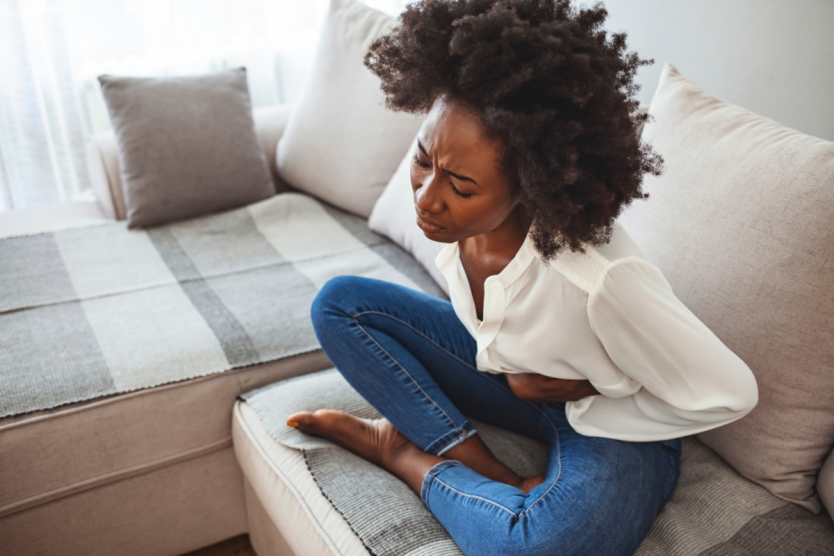Many of us have suffered from the occasional leakage of urine, like accidentally peeing during a sneeze.
If that happens on a regular basis, it’s known as incontinence, an involuntary loss of bladder control. But did you know that a similar condition can arise when you lose control of your bowel? Fecal incontinence or bowel incontinence is perhaps not as well known or discussed as urinary incontinence, but it can still have an impact on your social life, work life and more.
What is fecal incontinence? Let’s find out more.
Understanding Incontinence
Continence is the ability to control your bladder and bowel, so when you lose that control, it’s known as incontinence.1
Urinary incontinence is the accidental or involuntary loss of urine from the bladder; fecal incontinence is the accidental or involuntary loss of feces or stool from the bowel. It can also refer to the involuntary loss of wind or flatulence from the bowel.1
The scientific or medical definition of fecal incontinence is “the involuntary loss of rectal contents (feces, gas) through the anal canal and the inability to postpone an evacuation until socially convenient.” 2
Incontinence or involuntary loss of bladder and/or bowel control can range in severity from a small leak to complete loss of bladder or bowel control.1 Some people experience it daily, while for others it only happens from time to time.3 Researchers also believe that fecal incontinence is under-reported due to a perceived “taboo” about the condition. It can impact your self-esteem and quality of life.2
There are two different kinds of fecal or bowel incontinence:3
1. Urge bowel incontinence: when you feel a sudden need to go to the toilet but are unable to reach a toilet in time.
2. Passive incontinence or passive soiling: when you experience no sensation before leaking feces, or there might be slight soiling when passing wind.
Fecal incontinence can affect people of any age, but it is more common in elderly people, and more common in women than men. It is believed that 1 in 10 people will be affected by it at some point in their life.3
What Causes Fecal Incontinence?
There are many possible reasons for the condition known as fecal or stool incontinence. Some more common reasons include problems with the rectum or sphincter muscles, or damage to nerves.4 It can also be the result of a prolapse, particularly rectal prolapse, or rectocele, when the rectum protrudes through the vagina.5
Here are other possibilities:
- chronic diarrhea2
- irritable bowel disease2
- inflammatory bowel disease2
- physical disabilities2
- dementia2
- muscle or nerve damage, such as that caused by long-standing diabetes, multiple sclerosis, or back trauma from injury or surgery5
- chronic constipation5
- hemorrhoids5
- loss of storage capacity in the rectum5
- surgery2
Doctors do suggest some actions to help improve or prevent fecal incontinence. That includes reducing constipation by eating more high-fiber foods and drinking plenty of fluids; treating or eliminating the cause of diarrhea, if possible; and avoiding straining during bowel movements, which can eventually weaken anal sphincter muscles or damage nerves.5
Otherwise, your health care provider will work with you on a treatment plan, which can include dietary changes, medication, exercises and if necessary, surgery. An individualized approach may be chosen that combines different methods of symptom relief and treatment.2
See a Doctor
It’s important to seek medical diagnosis and treatment if you suspect you have fecal incontinence. This is especially important if it happens a lot, is severe or causes emotional distress. Don’t be too embarrassed to talk about fecal incontinence. The sooner you’re diagnosed, the sooner you may find some relief from your symptoms.5
Use our Physician Finder to find a doctor near you with expertise in women’s health, who is willing to work with you to determine the best way to diagnose and treat your incontinence.
















